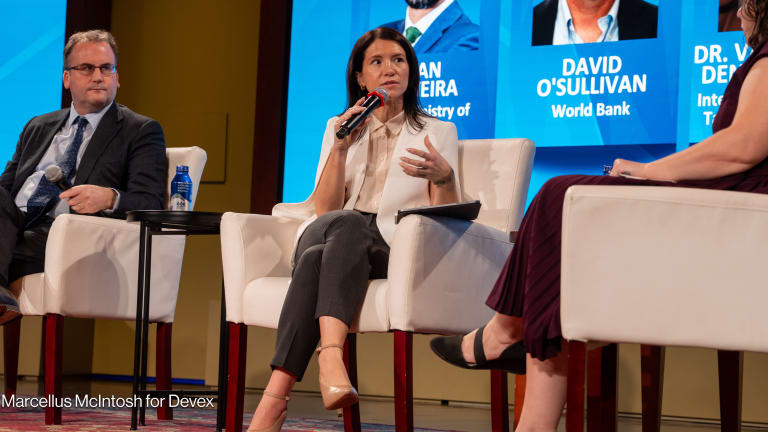WASHINGTON — The World Bank’s influential “Doing Business” report, an index that ranks countries according to their friendliness toward the private sector, is undergoing reforms that supporters hope will make the publication less ideological, and more consistent with the bank’s development mission.
The changes were outlined in a press release by the U.S. House Committee on Financial Services last week. The committee’s chairwoman, Rep. Maxine Waters, a Democrat from California, had pushed for reforms as a condition of her support for a capital increase at the International Finance Corporation, the bank’s private sector arm.
As part of that agreement, the bank’s management has agreed to two changes to the approach the Doing Business Team takes when it evaluates countries’ private sector regulatory environments.
This story is forDevex Promembers
Unlock this story now with a 15-day free trial of Devex Pro.
With a Devex Pro subscription you'll get access to deeper analysis and exclusive insights from our reporters and analysts.
Start my free trialRequest a group subscription







